Strengthening Ties between European Union Countries
In a constantly changing world, the European Union needs to prove that it is not impotent. At a time when treaty reform is being vigorously debated, Sir Stuart Bell, Francis Mer and Frédéric Allemand recommend strengthening ties between European countries in five areas that are critical to the future — whether or not a new Constitutional Treaty is signed: economic competitiveness, the environment, energy, external action and immigration. As the product of a debate between three diverse individuals, former French minister and former Arcelor president Francis Mer, Labour MP Stuart Bell, and academic Frédéric Allemand, this essay makes an unflinching assessment of the European Union’s ability to meet tomorrow’s challenges.
If Europe wants to accelerate its integration as a political entity and a “base camp” for Europeans’ participation in globalization, it must know how to prioritize. According to the authors, certain essential and concrete measures could be taken to forge a consensus, at least among the Union’s key Member States, and allow them to make up for a period of inaction during the Constitutional Treaty’s ratification process.
The first action to be taken is to enter into unique contracts such as those concerning services and environmental technologies — indispensable to ensure the emergence of a “green Europe” — and that of armament.
The second priority is to strengthen European research policy, particularly as concerns energy security and the environment. By creating a degressive carbon tax, formulating a European energy infrastructure framework and constituting strategic energy reserves, the Union would be banking on its future without risk.
Lastly, Europe should implement a common immigration policy. The launching of a European policy on civil aviation and border control, of a common policy on visas, asylum, immigrant accommodation and expulsion, and the creation of a European visa for researchers in cooperation with Erasmus mundus, would give the system a new coherence, the current lack of which is one of the Union’s greatest flaws.
Can this be achieved in the absence of a new Constitutional Treaty? Implementing less restrictive forms of cooperation to be undertaken by the few, but with the approval of the European Commission, would guarantee the overall coherence of the Union’s policies.

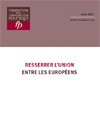
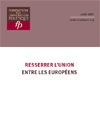

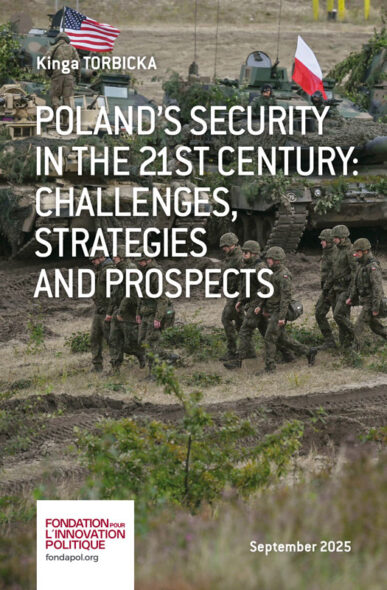
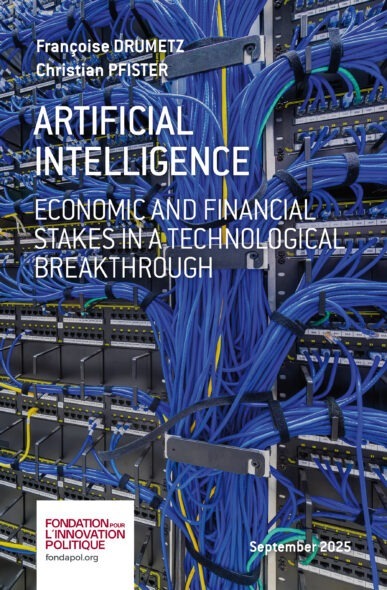
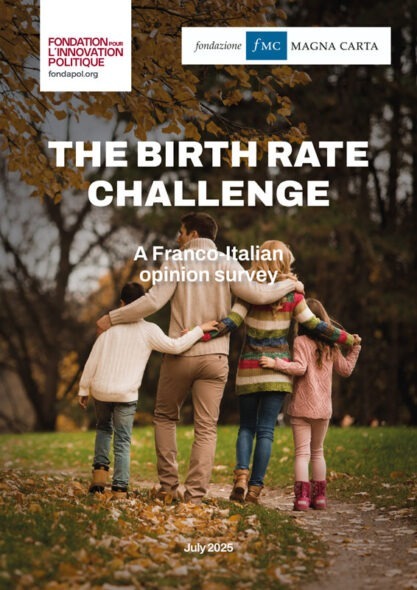
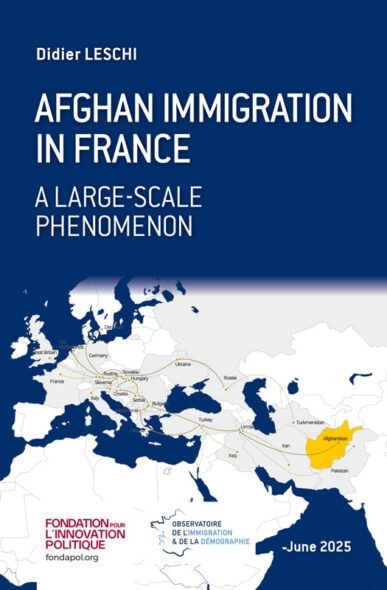
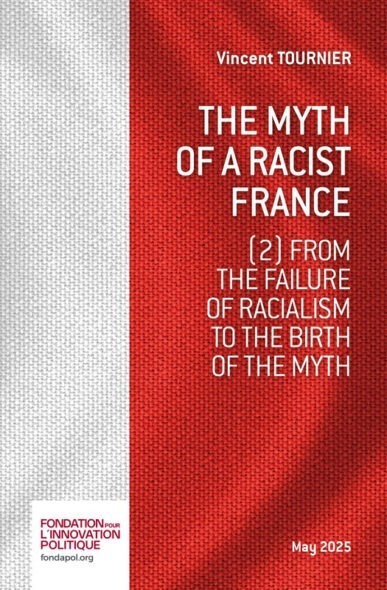

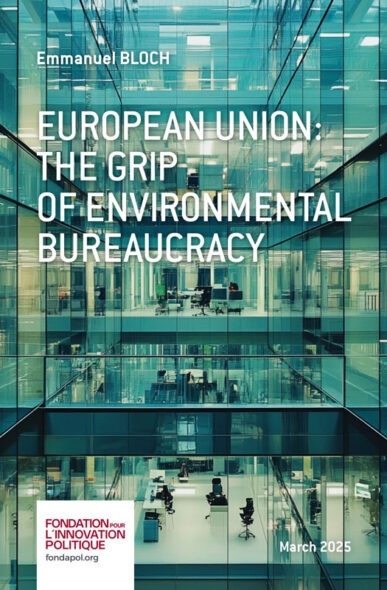
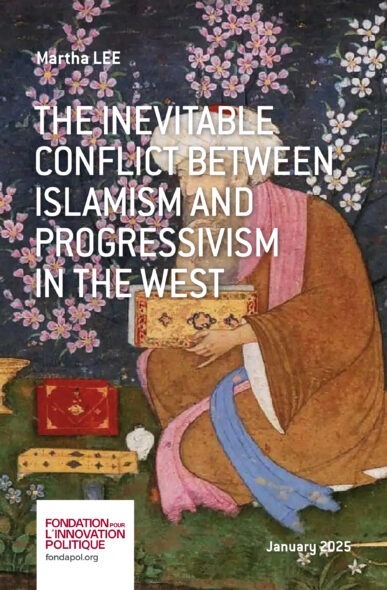

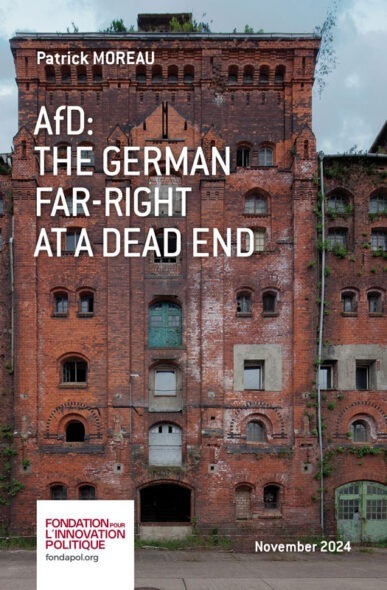
No comments.